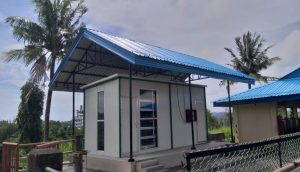


The experimental trial on SWI was conducted at experimental field of ARF located at Chidana, Sonepat. In this trial 4 treatments were practiced .16 Plots of 36 sq ft each were prepared following Randomized Block Design. Hydroponically grown 8-days seedling was transplanted in the soil, maintaining different spacing (10X10cm, 15X15cm and 20X20cm). In control plot the seeds were sown with the popular broadcasting method where plant to plant distance was not maintained. During the vegetative stage higher numbers of tillers, higher plant height (cm) was observed in the plants grown with 20X20cm spacing.
Highest yield was recorded in Hydroponics seedling sown with 20X20cm spacing (Treatment 4) followed by Hydroponics seedling sown with15X15cm spacing (treatment 3), Hydroponics seedling sown with 10X10cm spacing (treatment 2) and control system (treatment 1). Through this technology, proper spacing was maintained which provides adequate nutrition. Adequate spacing for root growth and disease infestation becomes very poor. Overall this technology is an efficient technology and should be practiced worldwide.

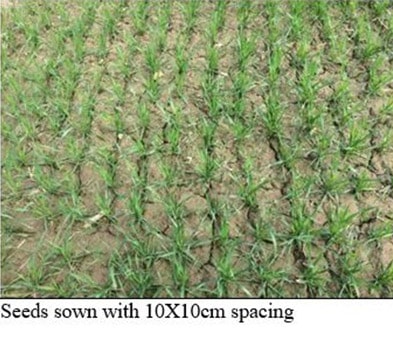
The experimental trial on SWI was conducted at experimental field of ARF located at Chidana, Sonepat. In this trial 4 treatments were practiced .16 Plots of 36 sq ft each were prepared following Randomized Block Design. Hydroponically grown 8-days seedling was transplanted in the soil, maintaining different spacing (10X10cm, 15X15cm and 20X20cm). In control plot the seeds were sown with the popular broadcasting method where plant to plant distance was not maintained. During the vegetative stage higher numbers of tillers, higher plant height (cm) was observed in the plants grown with 20X20cm spacing.
Highest yield was recorded in Hydroponics seedling sown with 20X20cm spacing (Treatment 4) followed by Hydroponics seedling sown with15X15cm spacing (treatment 3), Hydroponics seedling sown with 10X10cm spacing (treatment 2) and control system (treatment 1). Through this technology, proper spacing was maintained which provides adequate nutrition. Adequate spacing for root growth and disease infestation becomes very poor. Overall this technology is an efficient technology and should be practiced worldwide.
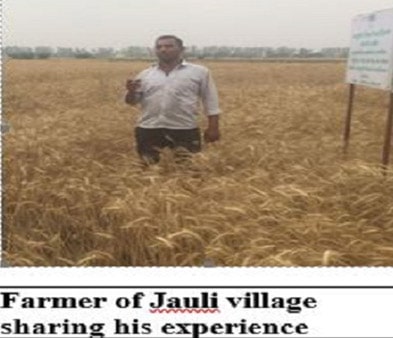
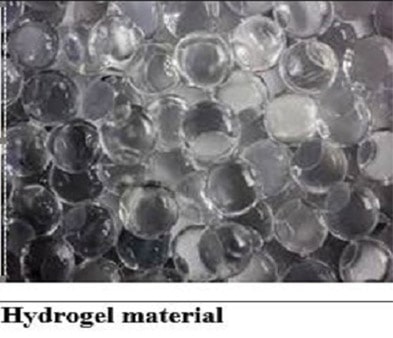
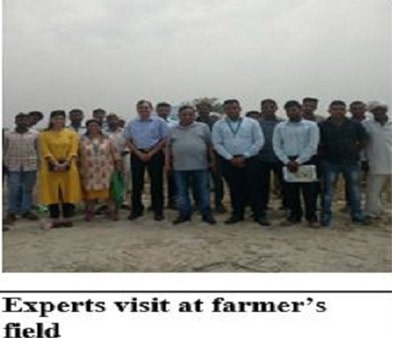
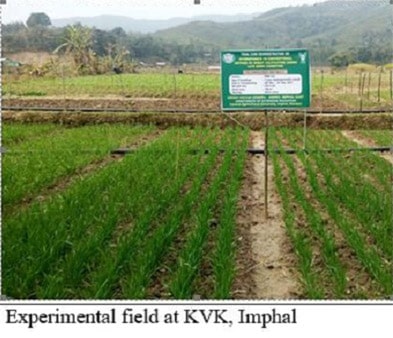

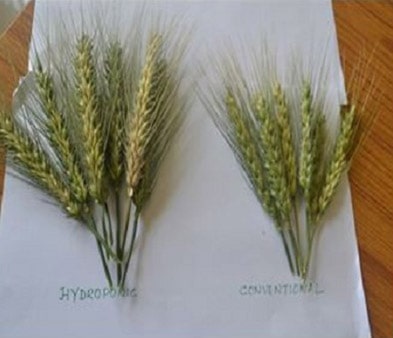
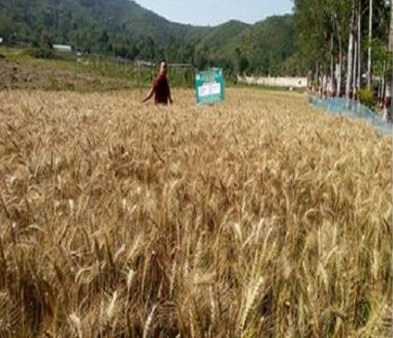
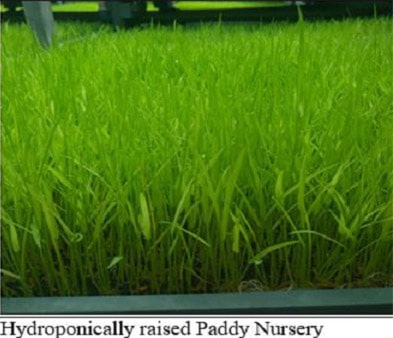
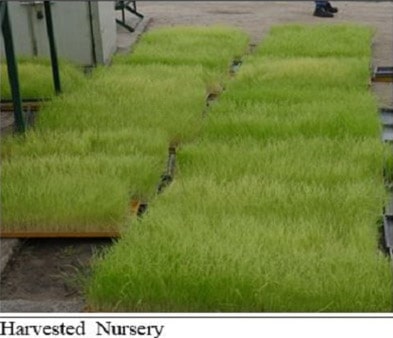
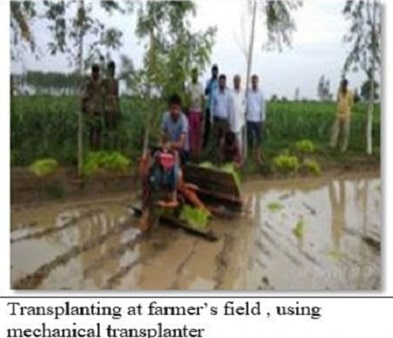
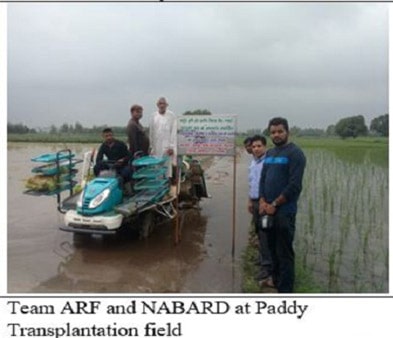



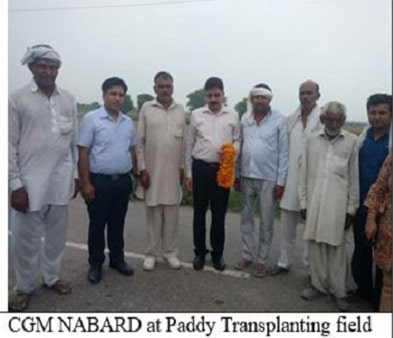
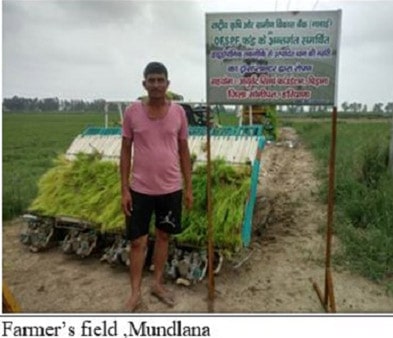


Duration of Project: 3 years
Project Area: To raise sugarcane nursery hydroponically
To transplant hydroponically raised sugarcane nursery manually at farmers’ field
To compare its performance with conventional sugarcane
Ayurvet Research Foundation conducted a research trial with the support of NABARD at farmers’ field of district Sonipat, Haryana in which Sugarcane nursery was raised in Ayurvet’s Pro Green Hydroponics Machine within 15 days .The main purpose of the study was to give a possible solution to the problems faced by the farmers like transportation and availability of propagation material, poor water resources, unavailability of land for cultivation, poor yields, poor germination rate, disease infestation etc.
The Nursery established successfully in the field with the survival rate of 85%. The germination rate of the hydroponics nursery was 70-80% which was very high as compared to the 33% germination rate in conventional process. The final yield of sugarcane crop obtained was 15 % higher than that of conventional sugarcane yield. The technology is economically viable and can bring out tremendous benefits to the farmers.

